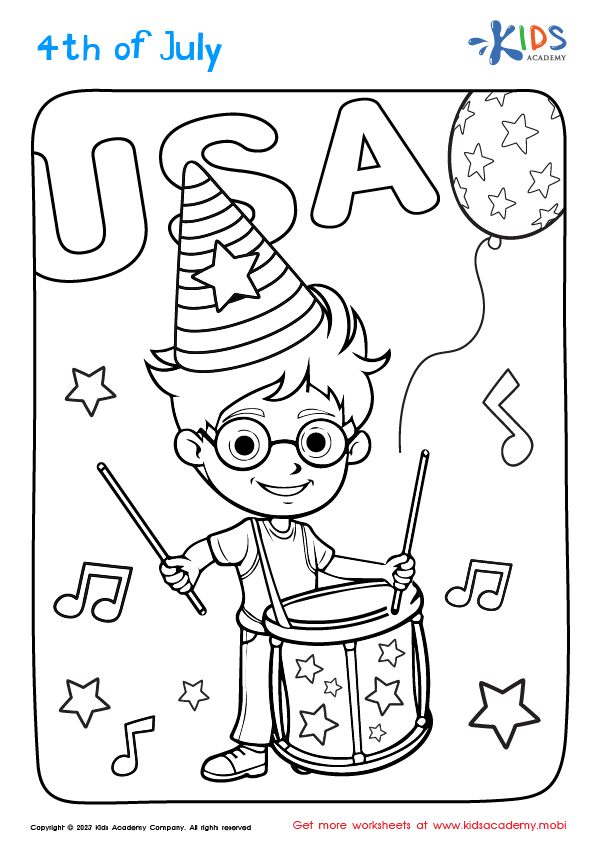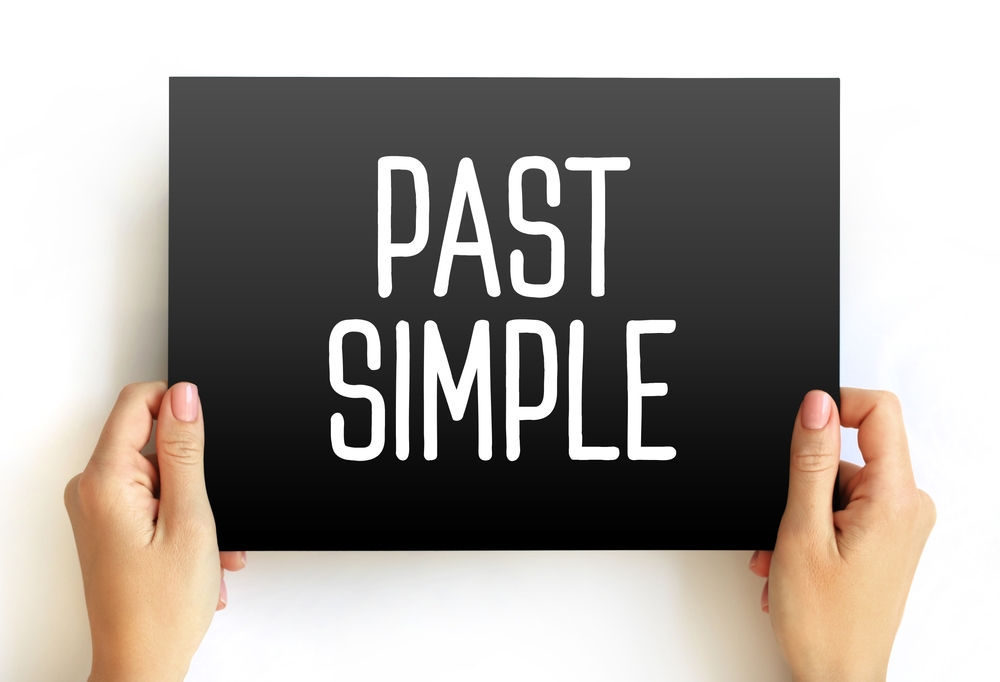Vocabulary Building Easy Worksheets for Ages 4-9
7 filtered results
-
From - To
Discover our "Vocabulary Building Easy Worksheets" designed for children ages 4 to 9! Our engaging printable activities focus on enhancing vocabulary skills through fun exercises tailored to early learners. Each worksheet features colorful illustrations and interactive content that capture children's interest while promoting language development. Activities include word matching, fill-in-the-blank sentences, and creative drawing prompts to reinforce understanding. The balance of education and play ensures kids enjoy learning new words and their meanings. Transform vocabulary practice into an exciting adventure with these easy-to-use worksheets. Perfect for teachers and parents, they provide essential support in developing language skills for young learners!
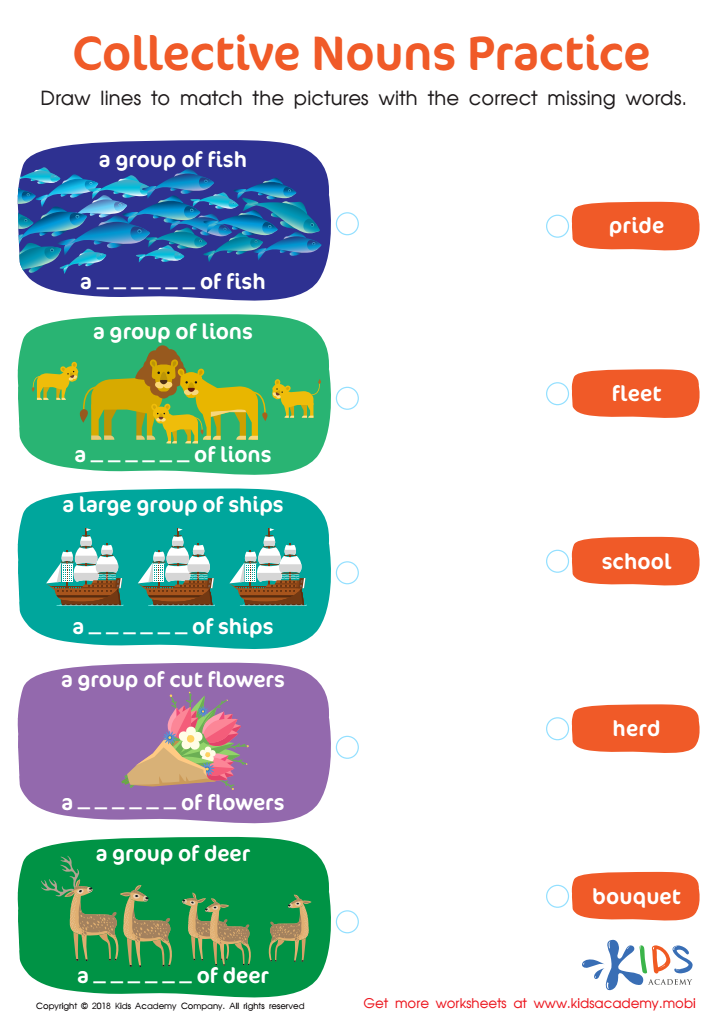

Collective Nouns Practice Worksheet
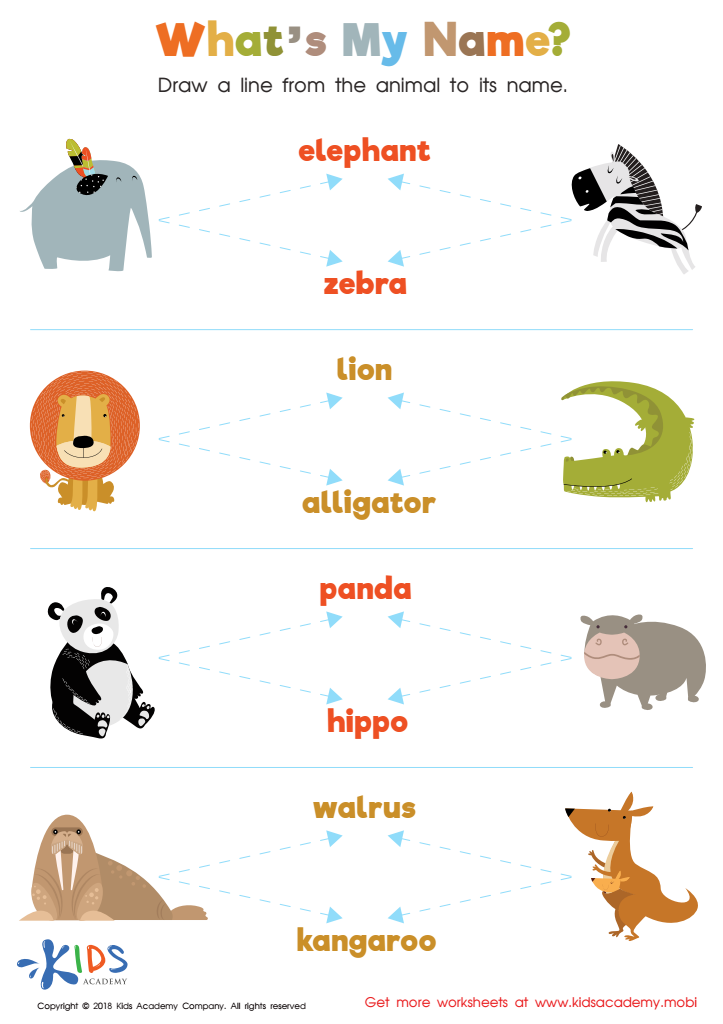

Animals and Their Names Worksheet
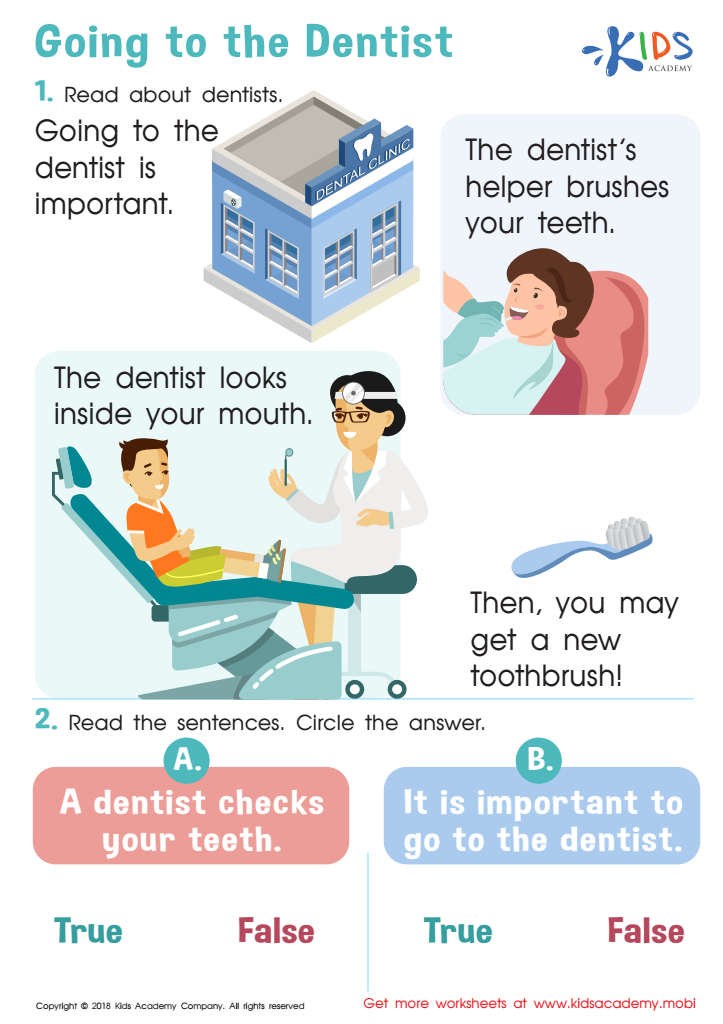

Going to the Dentist Part 2 Worksheet
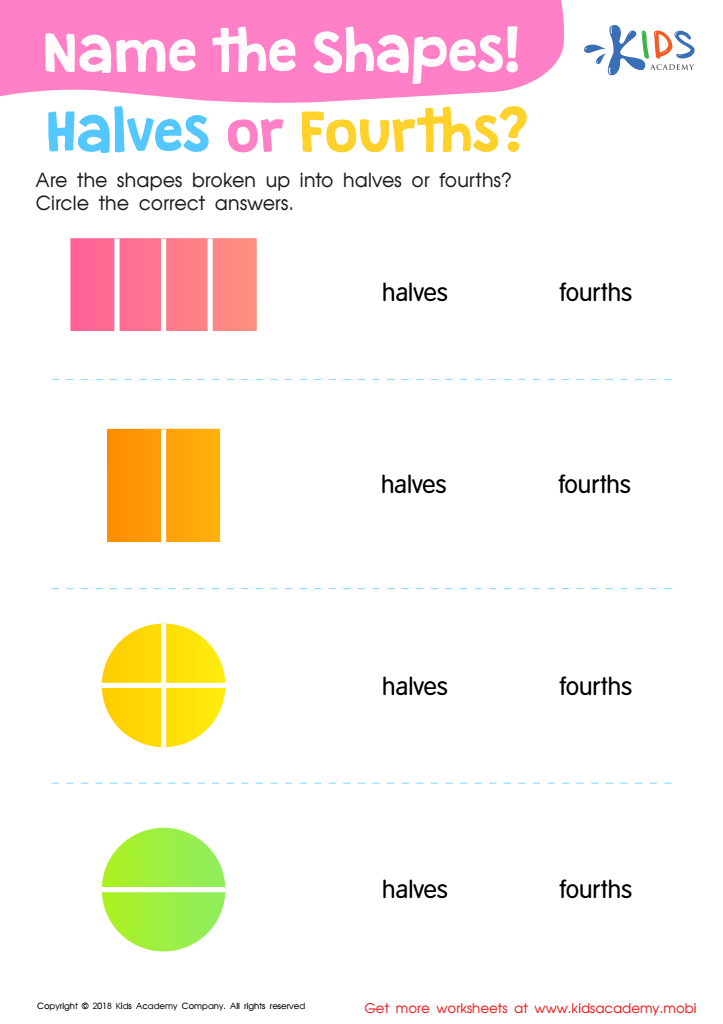

Name the Shapes Halves or Fourths? Worksheet
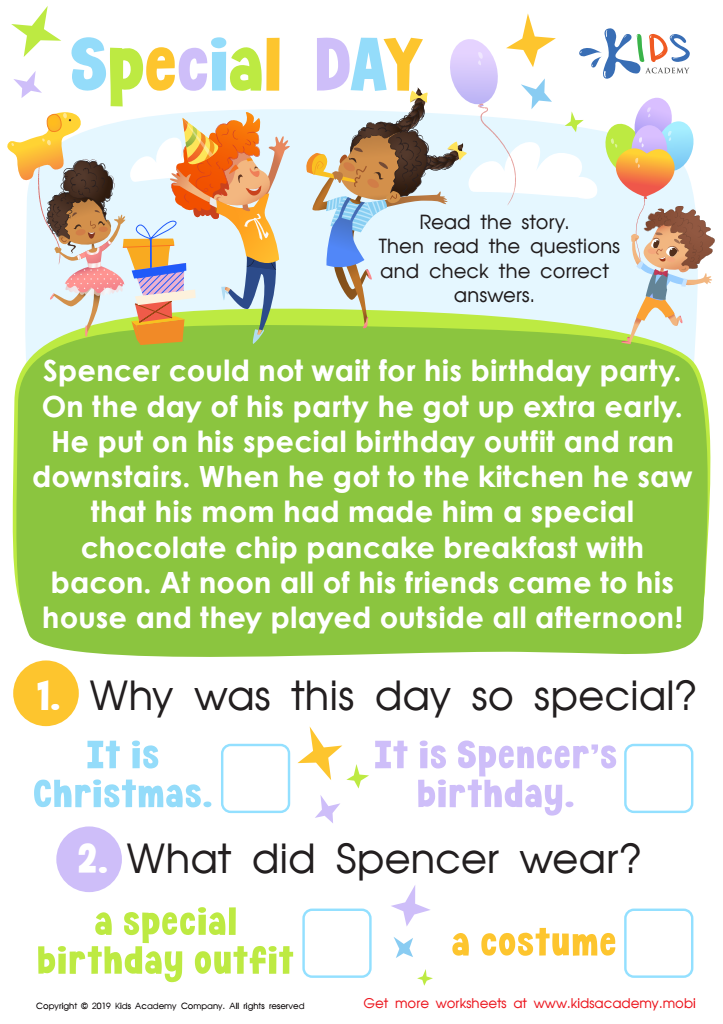

Special Day Worksheet
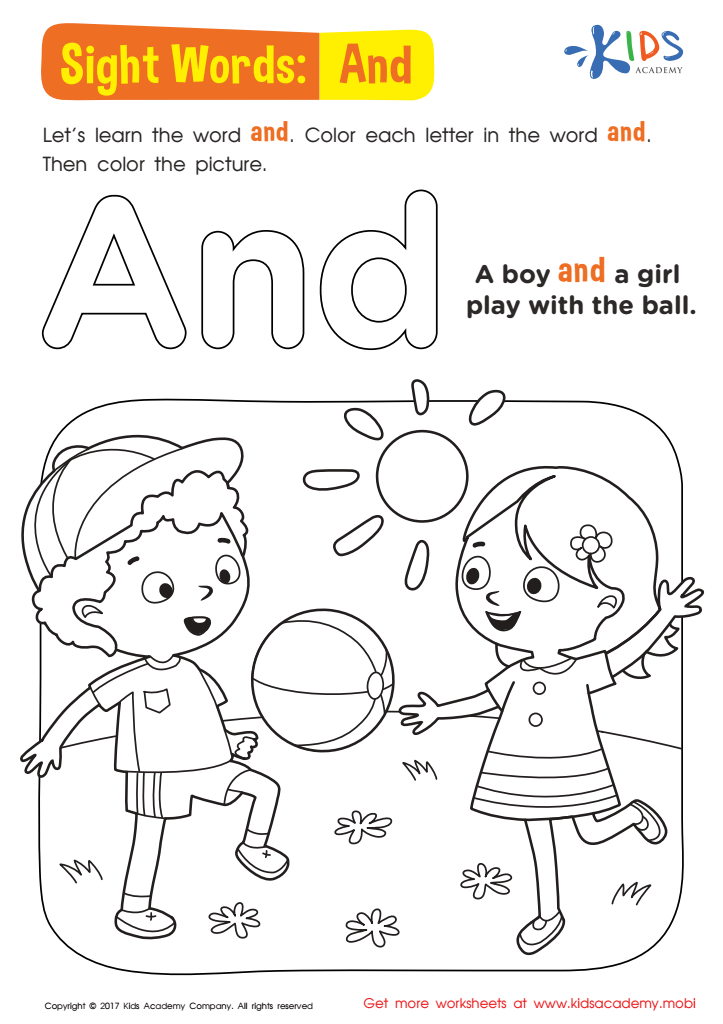

And Worksheet Sight Words Worksheet
Vocabulary building is crucial for children aged 4-9, as it forms the foundation for effective communication and intellectual development. During these formative years, children are rapidly acquiring language skills, making it essential for parents and teachers to prioritize vocabulary enrichment. A strong vocabulary not only enhances reading comprehension but also aids in expressing thoughts and emotions clearly, fostering confidence in children.
Moreover, a robust vocabulary is directly linked to academic success. Children with well-developed language skills tend to perform better in school, as they can follow instructions more effectively, engage in discussions, and understand subject matter more deeply. Conversations at home and in the classroom provide rich opportunities for new vocabulary exposure, broadening children’s horizons and enhancing cognitive development.
Parents and teachers can employ fun, interactive strategies—like games, storytelling, and multimedia resources—to engage young learners and make vocabulary building enjoyable. Such activities can spark curiosity and a love for learning, setting the stage for lifelong literacy skills. When families and educators collaborate to support vocabulary growth, they empower children to navigate the world around them with confidence and clarity, laying the groundwork for future academic and personal success.

 Assign to My Students
Assign to My Students


